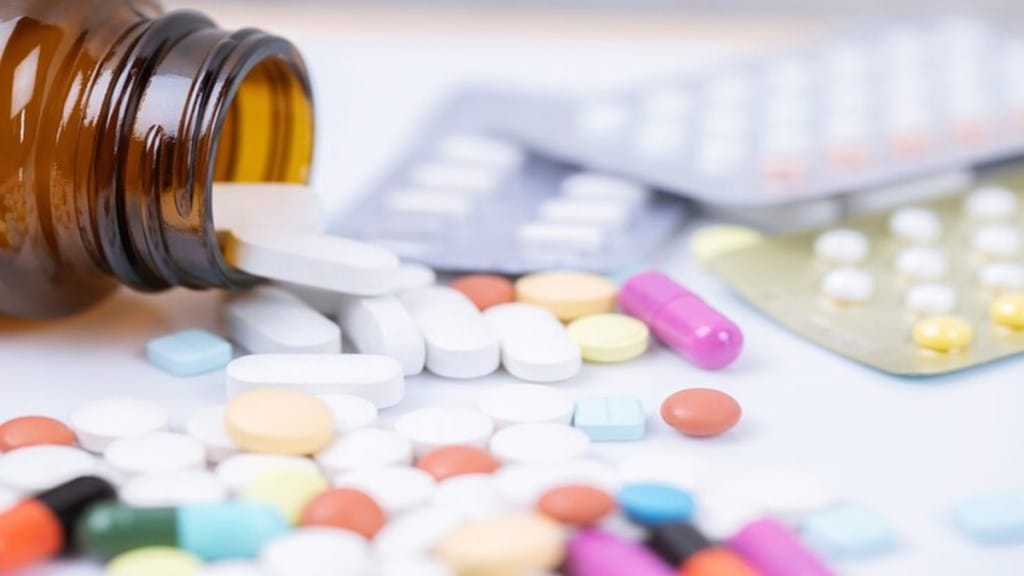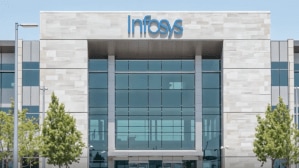As 2025 approaches, quick commerce is expected to solidify its dominance across multiple categories, with pharmacy emerging as a strategic focus. The industry will likely see greater consolidation, heightened competition, and deeper supply chain integration. New startups like Medinos and Medstown are already entering the segment, targeting faster deliveries and raising funds to expand.
With innovation, partnerships, and significant capital investments, quick commerce is set to change medicine delivery, reshaping consumer expectations and market dynamics. However, regulatory challenges such as medication authenticity, prescription compliance, and consumer safety remain significant hurdles. Experts, however, argue that these challenges are surmountable. “Quick commerce firms’ agility allows them to navigate regulatory landscapes effectively, while online platforms inherently provide better transparency and traceability,” said Somdutta Singh, founder of Assiduus and investor with Karma Holdings.
Leading quick commerce players like Swiggy Instamart and Flipkart Minutes have already entered the space, and others such as BBNow are expected to follow suit. Experts believe this shift will make pharmacy products faster and more convenient to obtain.
“Quick commerce, built on agile infrastructure and data-driven scalability, is poised to bring unprecedented speed, accessibility, and convenience to pharmacy delivery,” said Ninad Karpe, founder of 100x.vc. This model thrives on fulfilling urgent needs, perfectly aligning with consumer demands for medicines, he added.
India’s online pharmacy market, comprising over 1,100 active players, is currently led by established names like Netmeds (Reliance Retail), Tata 1mg, PharmEasy, and Apollo Pharmacy. However, the entry of quick commerce platforms, leveraging their delivery networks and data capabilities, is expected to disrupt the segment significantly. Deep Bajaj, an angel investor and e-commerce expert, explained, “Quick commerce platforms can consolidate critical needs like medicines with daily essentials, optimising delivery costs and enhancing economic viability”.
Legacy players are already responding to the competition. For instance, Apollo 24/7 has launched a 19-minute medicine delivery service in select cities, with plans for further expansion. Meanwhile, partnerships between vertical players and quick commerce platforms are gaining traction.
PharmEasy has teamed up with Swiggy for 10-minute deliveries in Bengaluru, and Tata 1mg is reportedly collaborating with BigBasket to launch medicine delivery services soon.
The pharmacy sector offers lucrative margins, estimated to be 10-20% higher than groceries or FMCG products, making it an attractive proposition for quick commerce platforms.








